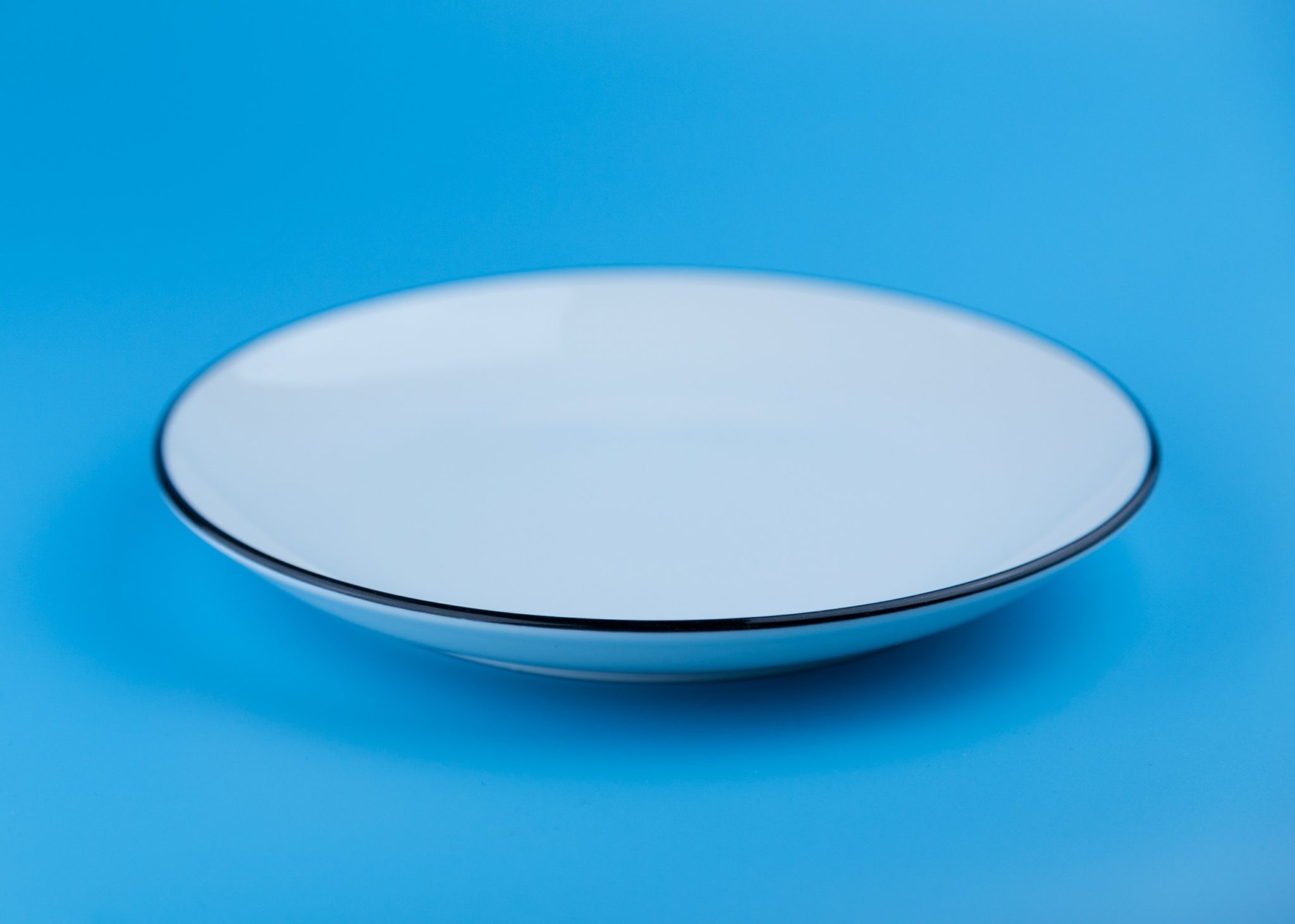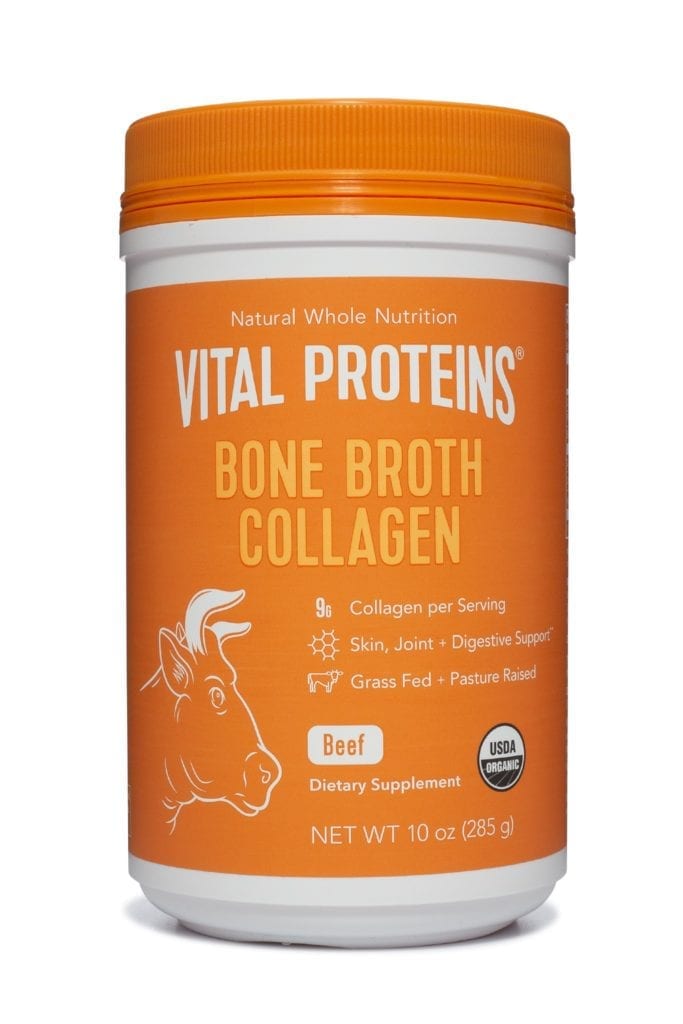Given my health issues, fasting has proven to be an incredible tool I’ve used to achieve substantial results in my illness journey. I want to tell you everything I know about how to heal your gut by fasting through my own experience.
Fasting has been around for centuries (or even millennia) and is a practiced ritual in communities across the globe, especially religious fasting periods. Unfortunately, in some regions of the world, fasting is an undesired circumstance of life that often leads to starvation and malnutrition.
As a western society, we now have access to a wide variety of food (and plenty of it), resulting in fewer circumstances of hunger deprivation (or fasting periods). Conversely, in the distant past, we would have gone through periods of involuntary fasting when food was otherwise unavailable. However, medical research is uncovering that the overabundance of food may be doing us more harm than good.
Our society needs a dietary reset to combat this harm – or perhaps a reversion to the past by implementing fasting into our daily, monthly, or even yearly routines. Why? Because fasting is proven to have substantial benefits, including, but not limited to:
- Reducing Insulin Resistance [1]
- Reduces Inflammation [2]
- Lowers Blood Pressure and Cardiac Issues [3]
- Weight Loss [4]
- Increased Growth Hormone [5]
- Help you Live Longer [6]
- Prevent Cancer and Aide in Cancer treatment [7]
- Helps Repair your Gut [8]
- Promotes Autophagy (Damaged Cell death) [9]
Fasting for Gut Health
While researching the benefits of fasting, I came across how fasting has shown to heal the gut. Given the close relationship with the gut and autoimmune diseases (and my gut issues), I deduced that a fasting trial would be highly beneficial.
Research has shown that fasting can repair the gut, which in turn, limits the permeability of the intestine, ultimately lessening the side effects of autoimmune diseases.
While I am discussing the benefits of relieving autoimmune side effects, even people without autoimmune issues would benefit from fasting now and then. Everyday foods we eat can negatively affect our guts.

My Secret Weapon – Bone Broth
Fasting means abstaining from food. So why would I suggest bone broth?
Well, bone broth may turn off some of the benefits of fasting, such as autophagy. But we’re looking to use our fast for gut repair, therefore adding a few amino acids to help repair the gut lining is wise.
Bone broth is said to have numerous benefits on the body, in particular, the gut. It also holds many vital nutrients that the body requires to repair itself. Bone broth contains a nutrient named collagen, which is crucial for healing the gut, joints, and skin. Collagen, along with other amino acids like proline, glycine, and gelatin all have beneficial effects – and these are all found in bone broth.
Electrolytes present in the broth will help prevent dehydration issues. Additionally, adding broth to your fast will help to suppress significant hunger pangs caused by the hunger hormone ghrelin and, ultimately, normalizing your appetite (as much as possible while in fasting mode).
Additional Supplements
During my fasting period, I stopped all other supplementation to fully reset my body – everything except glutamine, which I added specifically for the fast. Glutamine is another amino acid that is produced in muscles and usually in adequate amounts. Still, in some cases, in high times of stress or with chronic illnesses, the amount provided is lacking, and extra supplementation is required.
Glutamine is responsible for the maintenance of the gut lining and the permeability of the gut itself, which lines up perfectly for the goals of the fast. There are no known side effects from supplementing with glutamine, so I’m confident that it would not harm.
Another reason to supplement with glutamine for my self is to ensure I minimize muscle wastage. I do not hold much weight currently, and my fat deposits are relatively low. Therefore I needed to retain the muscular mass that I do carry.
While there are many choices for bone broths on the market, I went with Vital Proteins Bone Broth. I chose this powdered broth since there were no additional additives, it was non-GMO, and USDA certified organic. Many similar broth products did not live up to these standards, which I consider essential and worth the investment. Watch out for the brands hiding gums, stabilizers, and sweeteners in powdered formulas.
L-glutamine, on the other hand, is not hard to come by. My only stipulation in my purchase was to buy a powdered version since I saw no reason to introduce capsules, and it would make for more flexible portion sizes. I chose Nutricost from Amazon because it’s manufactured in the USA. There are plenty of other acceptable options on the market.
Personal Fasting Experience
I spaced out five cups (400ml each) of bone broth throughout the day. Rather than focusing on exact timing, I correlated the broth with more hunger pangs. In addition to the broth, I took precisely 30g of l-glutamine. 30g is much higher than the dosages stated on most packaging, but studies have shown beneficial effects on the intestine at higher dosages [10]. To ensure that my body did not react to l-glutamine, I built up to this amount in the days preceding.
Day 1
I started fasting on a Monday to ensure my activity levels would be lower than usual. While I felt pretty hungry throughout the day, I was able to complete regular work tasks without any issues. I would say swapping broth for real food felt slightly unnatural but nothing too concerning in the short term.
Day 2
Day 2 is when the mental game came in to play for me. I woke up feeling lethargic and sluggish, my ability to think substantially diminished. Thoughts of food regularly popped into my head and became increasingly hard to ignore.
All these symptoms are prevalent on the second day as you’re body has exhausted the carbohydrate reserves of the body. The only energy source left is the minimal amount of calories from the bone broth and your fat stores. This transition to fat burning is known as ketosis and can often produce symptoms I described along with flu-like symptoms. While I would not claim to have suffered to this extent – it is important to note that fasting is difficult to sustain. When you reach this mental block leading up to ketosis, it is pertinent to push past it if you can.
Conclusion
While hard, I was able to complete the fast and make it to the third day (eating day). I was not very productive during the fast. But I am happy to sacrifice two days out of a month to attempt to reset my gut. In the weeks following the fast, I did see some subjective improvements in my autoimmune-like symptoms. Additionally, I felt that my gut stability improved significantly – but bear in mind, these results are all subjective.
With the plethora of evidence behind fasting and my own experience, I am confident that the fast was a success for me, and most likely experienced gut repair.
I have been diligently recording my body measurements every week and keeping a detailed spreadsheet to best track my fluctuations. My body fat percentage was down slightly the week following the fast but bounced straight back up the next week. I have a low body fat percentage of 4-5%, so I believe that only someone that is drastically underweight should practice caution.
In my opinion, this particular two-day fast would be entirely doable for the average person to follow while also providing significant benefits given the small amount of fasting time required. With a focus on healing the gut, fasting can be a crucial practice for anyone looking to repair their digestion – especially those with an autoimmune issue.
What’s My Next Step?
My next goal is to take fasting to the next level and attempt the fasting-mimicking diet. A fast which has shown some fascinating results. (I did complete a fasting-mimicking diet, but the results were not what I expected, find out more my blog post, “Why The Fasting Mimicking Diet Isn’t For Everyone”)
I’m also very interested in checking out the makeup of my microbiome after reading a recent post from A Balanced Belly. I know I have gut issues, so why not test what is going on down there.
Look out for a future post. Like this post? Pin it!


